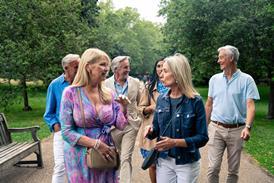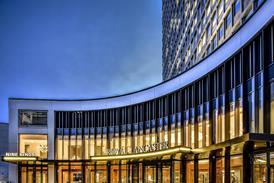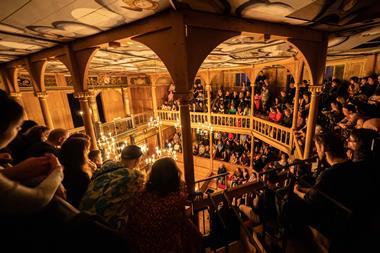 National Army Museum M.jpg)
Following a three-year redevelopment project, it has been announced that the National Army Museum in London will reopen on 30th March.
The museum will contain five new permanent galleries, laid out over four floors, each themed by Soldier, Army, Battle, Society or Insight.
Over 2,500 objects will displayed throughout the museum, from fashion objects to flags.
There will also be a temporary exhibition space, a study centre, a three-room learning centre, as well as a brand new café, shop and Play Base.
According to the National Army Museum, the redevelopment project and its consequent new galleries will act as a bridge between the British Army and society, encouraging the public to engage with the ideas of defence and security, both past and present.
Five new galleries
The Soldier gallery will focus on the individual stories of soldiers and will bring to life displays of personal objects that explore the physical and emotional experiences of the army.
Groups can engage in a series of tests to find out if they have what it takes to be a soldier.
The Army gallery, meanwhile, will chart the history of the army as an institution and explore its origins, its role in the political development of the country, and its impact on global history.
Groups can also explore the Battle gallery, which focuses on the British experiences of battle from the 1640s to present day. Throughout this period tactics have evolved due to technological developments and visitors will be able to learn about these changes through interactive activities.
The fourth new area is the Social gallery, which will feature a large number of artefacts depicting stories that examine the army as a culture as well as a military force. This area will also look at the army’s impact on customs, values and choices.
And finally, the Insight gallery will examine the impact the British Army has had around the world.
The museum will also look at army fashion, fiction and journalism, as well as the impact on medicine, technology and benevolence.
For more information visit www.nam.ac.uk.












